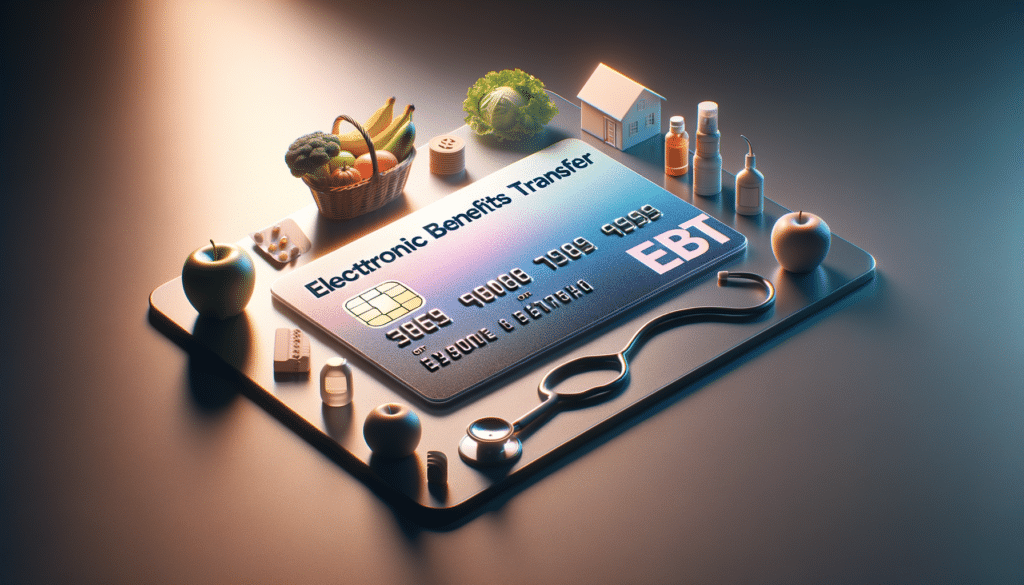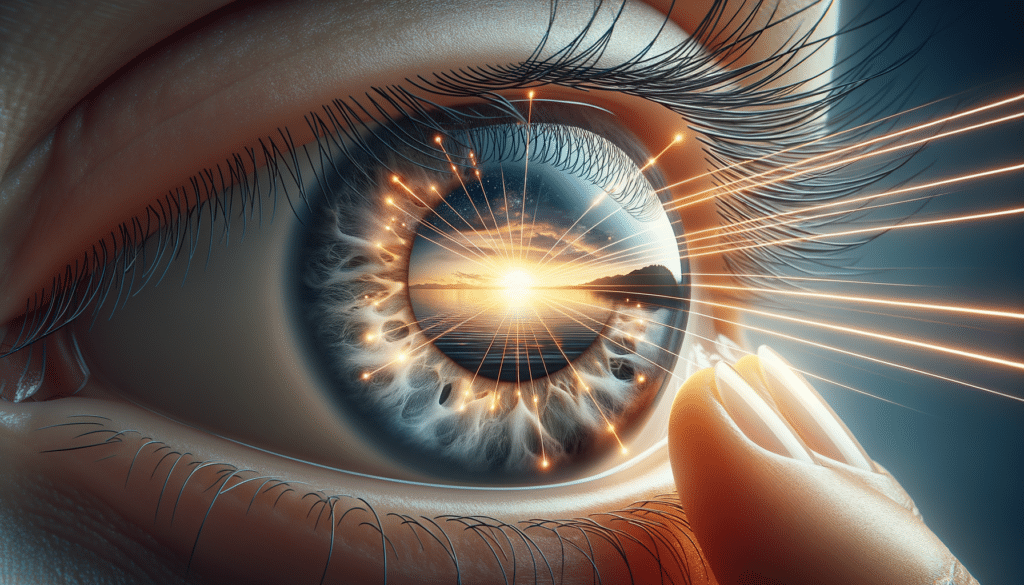Introduction to Egg Donation
Egg donation is a remarkable process that plays a crucial role in assisted reproductive technology. It provides a pathway for individuals and couples who are unable to conceive naturally to have children. The process involves a donor providing her eggs, which are then fertilized and implanted into the recipient’s uterus. Egg donation is not only a medical procedure but also an act of compassion and generosity, offering hope and potential for creating a family.
The Egg Donation Process
The egg donation process is meticulous and involves several stages to ensure the safety and well-being of both the donor and the recipient. Initially, potential donors undergo a comprehensive screening process that includes medical, psychological, and genetic evaluations. This is crucial to ensure that the donor is a suitable candidate and that her eggs are healthy.
Once approved, the donor undergoes hormonal treatments to stimulate her ovaries to produce multiple eggs. This stage requires regular monitoring through blood tests and ultrasounds to track the development of the eggs. When the eggs are mature, they are retrieved in a minor surgical procedure under sedation. The entire process from screening to egg retrieval can take several weeks, requiring commitment and patience from the donor.
Requirements for Egg Donors
Becoming an egg donor involves meeting specific criteria to ensure the process is safe and effective. Typically, donors are required to be between the ages of 21 and 32, as this age range is associated with optimal egg quality. Donors should also have a healthy BMI and no significant medical or genetic issues.
In addition to physical health, psychological well-being is essential. Donors must be prepared for the emotional aspects of the donation process and its implications. This is assessed through counseling sessions, ensuring that donors understand the commitment and are making an informed decision.
Benefits and Considerations for Donors
Egg donation can be a fulfilling experience, offering the joy of helping others achieve their dream of parenthood. Donors often receive financial compensation for their time and effort, which can be a significant incentive. However, it’s important for donors to consider the physical and emotional demands of the process.
While the procedure is generally safe, there are potential risks such as ovarian hyperstimulation syndrome (OHSS) and complications from the egg retrieval procedure. Donors should weigh these risks and discuss them thoroughly with medical professionals before proceeding.
Conclusion
Egg donation is a profound gift that requires dedication and understanding from donors. It involves a detailed process with specific requirements to ensure the health and safety of all parties involved. While the journey can be challenging, the impact of egg donation is immense, offering hope and happiness to families worldwide.





